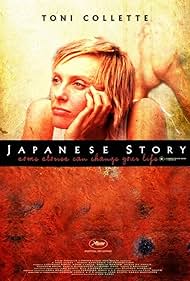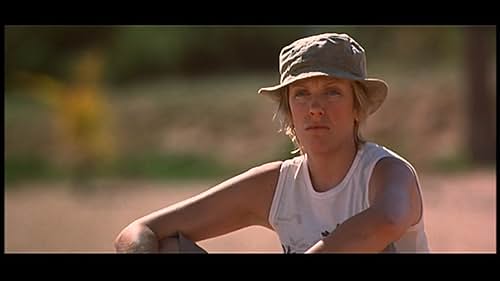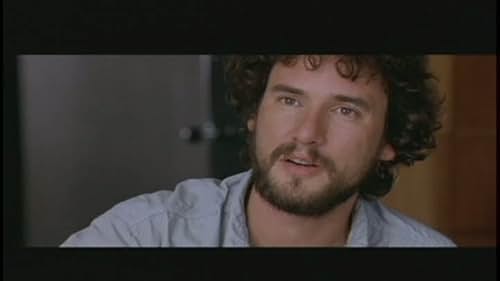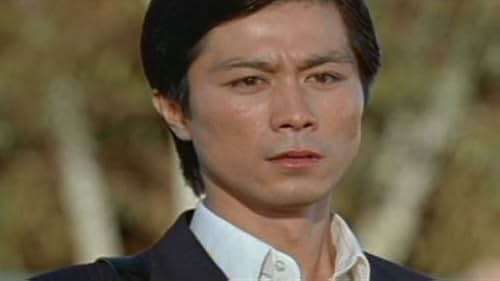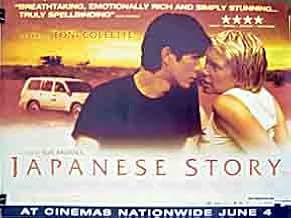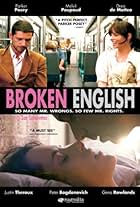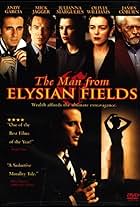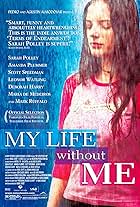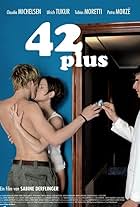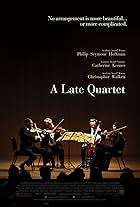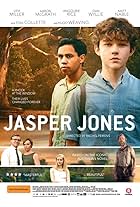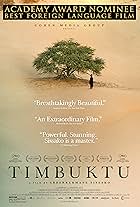The best thing about `Japanese Story,' an Australian film directed by Sue Brooks and set almost entirely in the Outback, is its unpredictability. Just as you begin to think that the story, written by Alison Tilson, is headed in one particular direction, it does an amazing about-face and leads us down an entirely different, utterly unexpected narrative path.
The movie starts off as a fairly standard romantic comedy, involving two strangers who don't like each other very much yet who are forced to spend an inordinate amount of time together. Sandy is a geologist whose company, against her will and better judgment, has asked her to escort an important Japanese businessman through the wilds of the Australian desert on a sightseeing tour. The film even begins to seem a bit like a landlocked `Swept Away' for awhile, as these two headstrong people he a Japanese traditionalist with male chauvinistic tendencies and she a no-nonsense, freethinking, independent woman (but both filled with doubts and insecurities beneath the surface) find themselves stranded in a hostile and remote environment, fighting for survival. But then the first of the film's numerous plot reversals kicks in and we find ourselves in an entirely different situation altogether.
I certainly don't want to spoil anyone's experience of this film by revealing just what those plot twists are, so I will merely state that the film, in the second half, becomes a fairly profound meditation on the precarious nature of life and the almost lightning-paced speed with which tragedy can intervene to bring our worlds crashing down around us. Toni Collette is heartbreaking as the feisty yet warmhearted Sandy and Gotaro Tsunashima is both tender and stoic as the man from an exotic culture with whom she eventually falls in love.
That, of course, is the predictable part. But if you think you know where this story is going, you will be pleasantly surprised at how wrong you will be.
